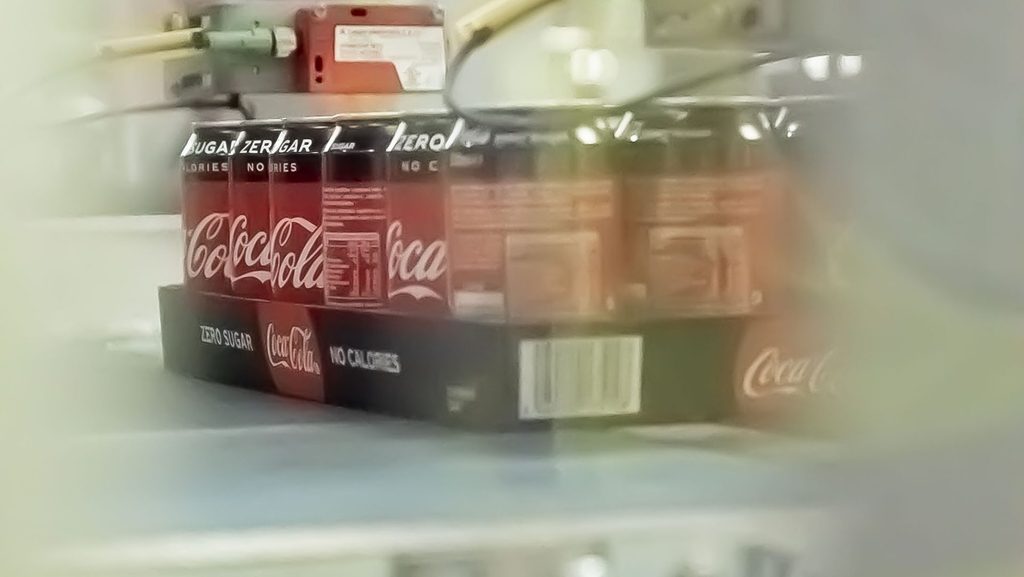One of the world’s most popular artificial sweeteners, used in diet sodas and sugar-free chewing gums, is set to be declared a “possible carcinogen” by the WHO, Reuters reports.
Aspartame, an artificial sweetener which has long been deemed safe for use in food, will be categorised as “possibly carcinogenic to humans” by the WHO’s International Agency for Research on Cancer (IARC). Having considered the basis of evidence, the Agency delivers recommendations on the safety of certain chemicals.
It is important to note that the verdict does not put a figure on how much aspartame a person can safely ingest, rather that the chemical itself has the risk of being carcinogenic. Separate consumption recommendations come from the WHO committee on food additives, the JECFA, as well as national regulators.
Regulation gone mad?
The IARC has been accused of sending mixed messages to consumers over its classification of some sweeteners. Previous rulings have alarmed customers, leading to lawsuits and forcing manufacturers to change recipes and provide less popular alternatives.
The JEFCFA has announced that it will also review its guidance on aspartame this year, announcing its findings on July 14, the same day that the IARC is set to make its decision public. The findings are said to be “complementary.”
Since 1981, the JECFA has upheld that it is safe to consume aspartame in reasonable amounts. For a 60 kilogram adult, it would take between 12 and 36 cans of diet soda per day to be at any real risk. This view was shared in most of the world.
Cause for concern?
The rulings could have a significant impact. In 2015, the IARC ruled that glyphosate is “probably carcinogenic.” This was contested by many food safety authorities, including the European Food Safety Authority (EFSA). The economic fallout of this decision was significant, with Bayer being forced to award money to customers blaming their cancer on glyphosate-based weed killers.
The IARC has been repeatedly criticised for sparking alarm. The committee has four levels of classification: carcinogenic, probably carcinogenic, possibly carcinogenic, and not classifiable. These rankings are based on the strength of evidence, meaning its claims on aspartame are at their lowest level of confidence. This classification is also not a measure of how dangerous a chemical is to the body.
Related News
- What triggers migraines? Migraine Awareness Week 13 to 18 May
- Coca-Cola to stop selling beverages in Belgian secondary schools
Other common foods and activities, many of which have little solid evidence of being cancerous, are also ranked as probably or possibly carcinogenic by the IARC. Working overnight and consuming red meat are both “probable” carcinogens. “Radiofrequency electromagnetic fields” from using mobile phones are also “possibly cancer-causing.” There is no conclusive evidence for this.
The artificial sweeteners industry has responded angrily to the leaked IARC ruling, stating that it is “not scientifically comprehensive” and “based heavily on widely discredited scientific research.”

